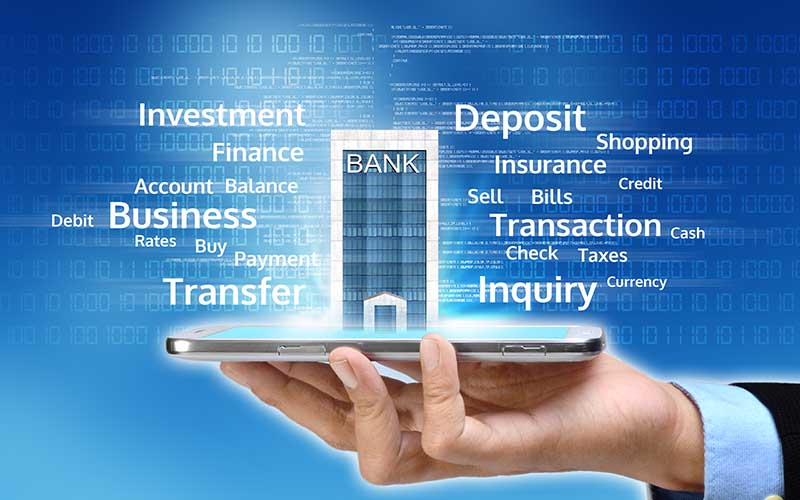Sustainability is a paramount concern nowadays. Mobile banking, as an integral part of all bank service, plays a crucial role in promoting sustainable banking practices, revolutionizing financial management, and contributing to a greener future. Let’s explore the positive impact of mobile banking and how it fosters sustainable practices.
-
Convenience and Accessibility:
Mobile banking offers effortless access to financial services anytime and anywhere. It reduces the need for physical branch visits, reducing transportation and associated carbon emissions. Users can efficiently conduct various banking transactions, including DTH payment, with a few taps on their mobile devices.
-
Digital Documentation:
Mobile banking reduces reliance on paper documents. Users can access digital versions instead of physical statements and receipts through their mobile banking apps. It saves trees, conserves natural resources, and minimizes energy and water consumption required for paper production. Embracing digital documentation promotes a paperless banking experience and reduces waste, making it easier for users to pay mobile bill and manage their finances efficiently.
-
Financial Inclusion:
Mobile banking promotes financial inclusion by providing access to banking services for unbanked or underbanked individuals. It empowers marginalized communities, fosters economic growth, and reduces inequalities. It offers accessible and affordable financial services, including making deposits to a fixed deposit app. Mobile banking helps create a more inclusive and sustainable society.
-
Encouraging Responsible Financial Behavior:
Mobile banking apps include tools and features that promote responsible financial behavior. Users can set spending limits, track expenses, and receive notifications about their financial activities. These features enhance financial literacy and help users make informed decisions, fostering responsible spending and saving habits.
-
Reduced Infrastructure and Energy Consumption:
Mobile banking minimizes the physical bank branch visits and associated infrastructure. It translates into lower energy consumption for bank buildings’ lighting, heating, and cooling. Minimizing energy usage contributes to a greener environment and helps mitigate climate change.
-
Promoting Digital Education:
Many mobile banking apps provide educational resources, tips, and tools to enhance financial knowledge. Users can access articles, videos, and tutorials to learn about personal finance, budgeting, and investing. Promoting digital education supports financial literacy, empowering individuals to make sustainable financial decisions.
-
Enhanced Efficiency and Streamlined Processes:
Mobile banking streamlines banking processes, reducing the need for manual paperwork and physical transactions. This improves operational efficiency for banks, minimizing resource consumption and waste generation. optimizes processes, and contributes to sustainable practices in the banking sector.
-
Secure and Encrypted Transactions:
Mobile banking ensures the security and privacy of financial transactions through advanced encryption technology. By implementing this measure, the chances of fraudulent activities and unauthorized access to confidential data are significantly reduced.. It instills trust and confidence in users. That’s how mobile banking encourages sustainable and responsible use of financial services.
-
Reduced Carbon Footprint:
Mobile banking significantly reduces carbon emissions associated with traditional banking practices. With fewer physical branch visits, there is a decrease in transportation-related carbon emissions. Additionally, the adoption of digital documentation and online transactions minimizes the environmental impact of paper production and waste disposal.
Conclusion:
Mobile banking plays a vital role in driving sustainable banking practices. Through its convenience, digital documentation, financial inclusion, encouragement of responsible financial behavior, and reduced infrastructure and energy consumption, mobile banking contributes to a more sustainable future, including easy access to services like payment to a DTH recharge app.
We can manage our finances efficiently while minimizing their environmental impact. We can create a greener and more inclusive banking ecosystem for a better tomorrow.






More Stories
Modern Investing Simplified: A Professional Guide for Long-Term Wealth Builders
What are the things that affect the price of Nifty shares and SGX Nifty?
How Demat Apps Simplified Holding and Managing Investments